WHAT EVERY AMERICAN
SHOULD KNOW
In 1987, E.D. Hirsch sparked a national debate with his book Cultural Literacy, claiming that there is a foundation of common knowledge every American should know — and codifying it in a list of 5,000 facts and cultural references. Hirsch’s list was attacked, celebrated, and much discussed. Today, amidst giant demographic and social shifts, the United States needs such common knowledge more than ever. But a 21st century sense of cultural literacy has to be radically more diverse and inclusive. And it needs to come not from one person but from all of us. So, we ask: What do you think Americans should know to be civically and culturally literate? Give us your top ten!

Enter Your Email Address
What ten items - it could be a person, a place, an idea, etc. - should every 21st-century American know?
THE CROWD’S TOP ITEMS
SELECTED LISTS

- Story of Squanto
- John Locke on the Poor
- Whiskey Rebellion
- Cherokee Nation-State
- James Henry Hammond
- Gilded Age Trusts
- Social Darwinism
- Woodrow Wilson
- Dwight Eisenhower Farewell Address
- My Lai Massacre

- Jazz
- Gilded Age
- Trail of Tears
- Sojourner Truth
- The Dust Bowl
- Declaration of Independence
- Gettysburg Address
- Declaration of Sentiments at Seneca Falls
- Korematsu dissent
- I Have a Dream Speech
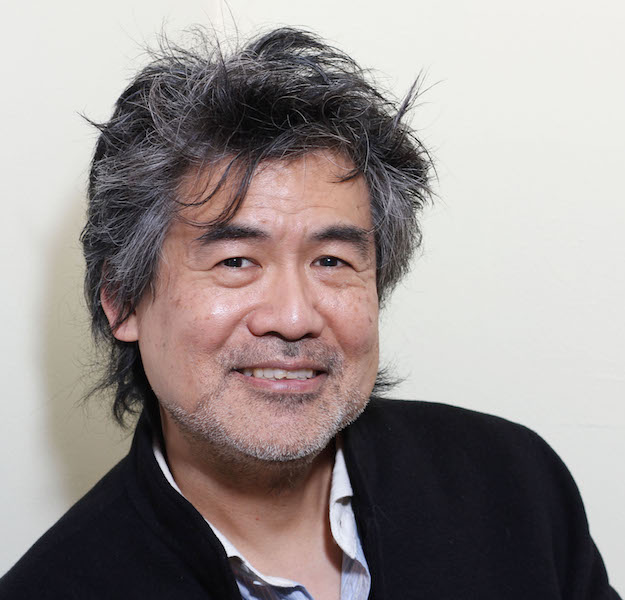
- The Blues
- Japanese American Internment
- The Six Nations
- Forty acres and a mule
- Stonewall Riots
- Sally Hemings
- Loving v. Virginia
- Death of a Salesman
- The Know-Nothing Party
- The Chinese Exclusion Act
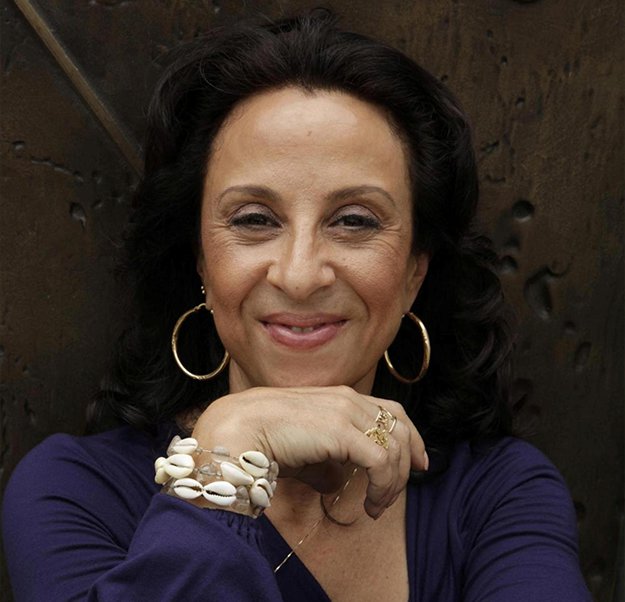
- History of Latinos in the US
- Mexican map in the early 1800s
- US Colonies
- Chicano Movement
- Young Lords
- United Farm Workers
- Japanese American Internment
- Myth of objectivity
- Sonia Sotomayor
- Hope
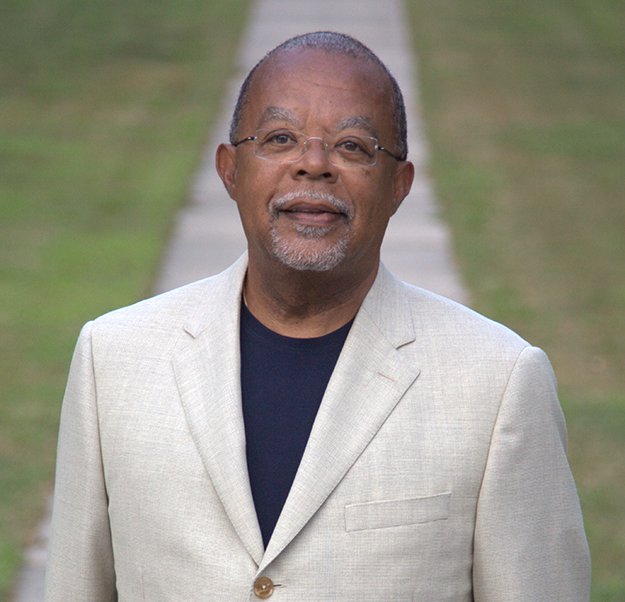
- Lincoln’s Second Inaugural Address
- Frederick Douglass July 4th Speech
- Shine and the Titanic
- The Signifying Monkey
- The Spirituals
- Precious Lord
- The Souls of Black Folk
- I’ve Been to the Mountain Top
- The Rumble in the Jungle
- Reconstruction Amendments
- 19th Amendment
- Stonewall
NEWS
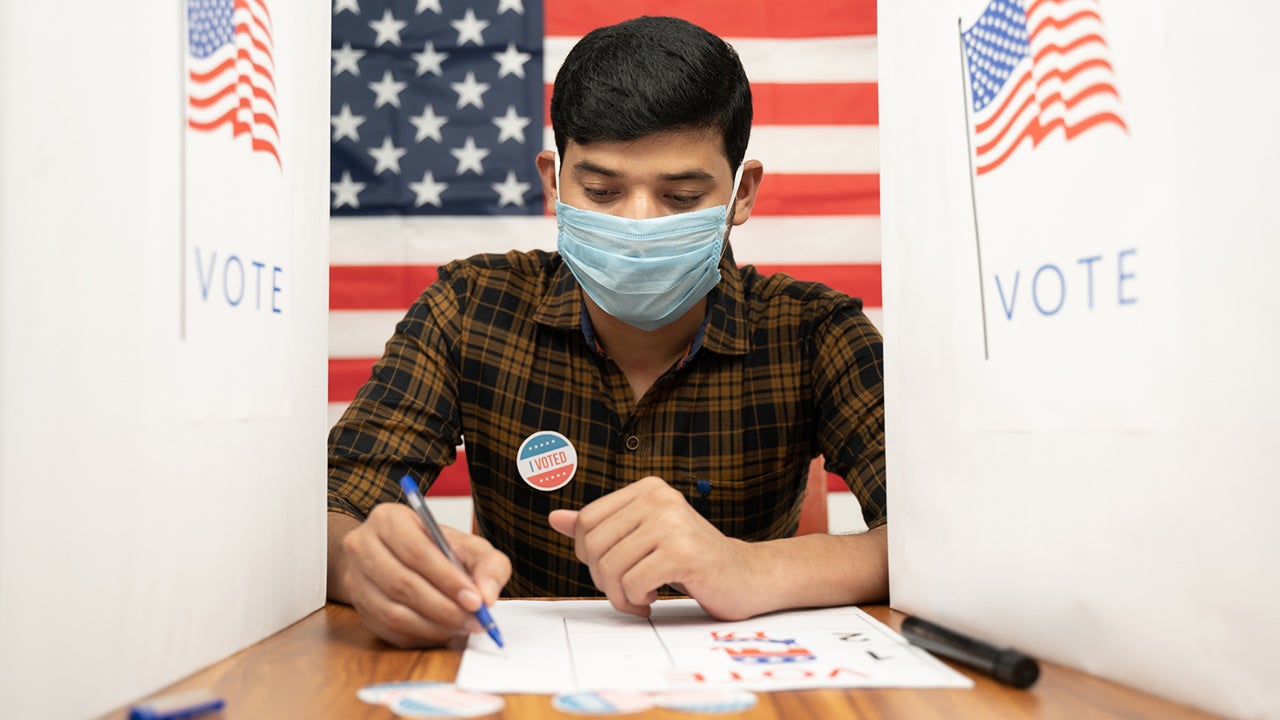
Discover and Exercise the Power of Voting—for Those of Us Who Can’t
A blog by Crystal Campos, a 12th-grade student at John Hancock College Preparatory located in the Garfield Ridge neighborhood of Chicago.
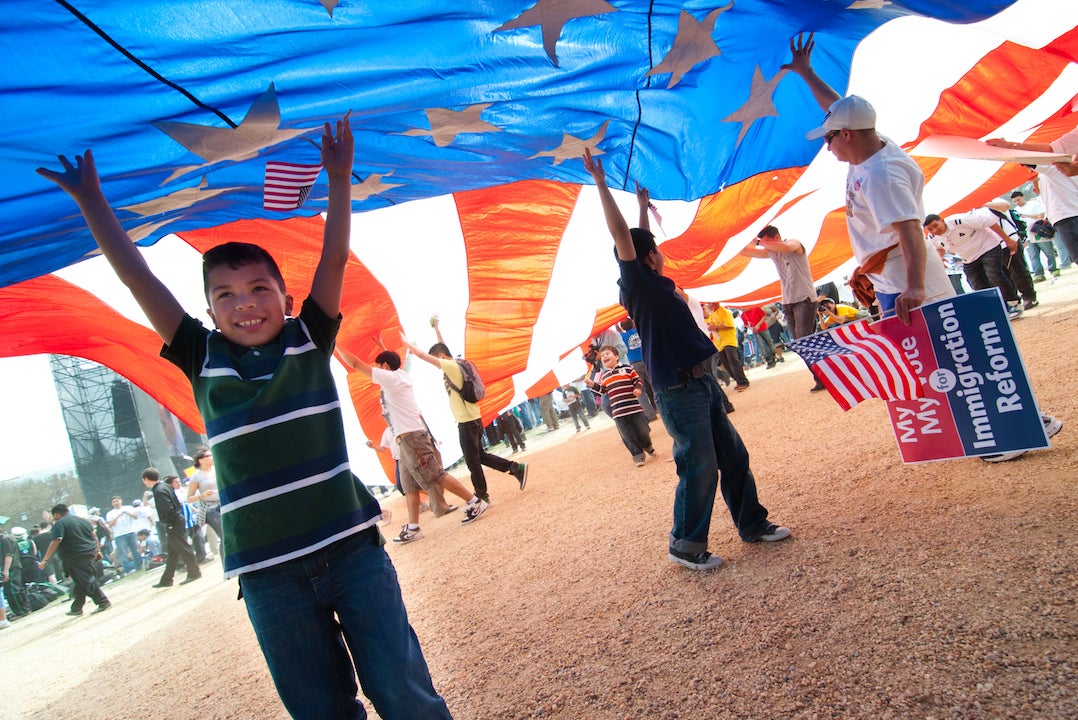
What Every American Should Know About the Immigrant Experience
A blog by Araceli Hernandez, a 10th-grade student at Marie Sklodowska Curie Metropolitan High School located in the Archer Heights neighborhood of Chicago.

From Historically Silenced to Civically Engaged
A blog by Tri Ho, a 12thgrade student at William Howard Taft High School located in the Norwood Park neighborhood of Chicago.
"What Every American Should Know” (WE-ASK) is a project of the Aspen Institute Citizenship & American Identity Program, and grew out of an essay by executive director Eric Liu. The Program was created in 2014 to explore how, in an age of increasing diversity and widening inequality, this country can cultivate a sense of shared destiny and common civic purpose. Learn more here.
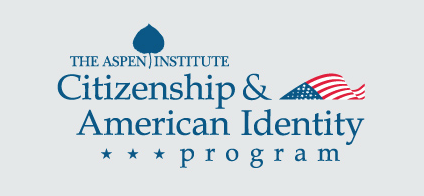
Contact | About